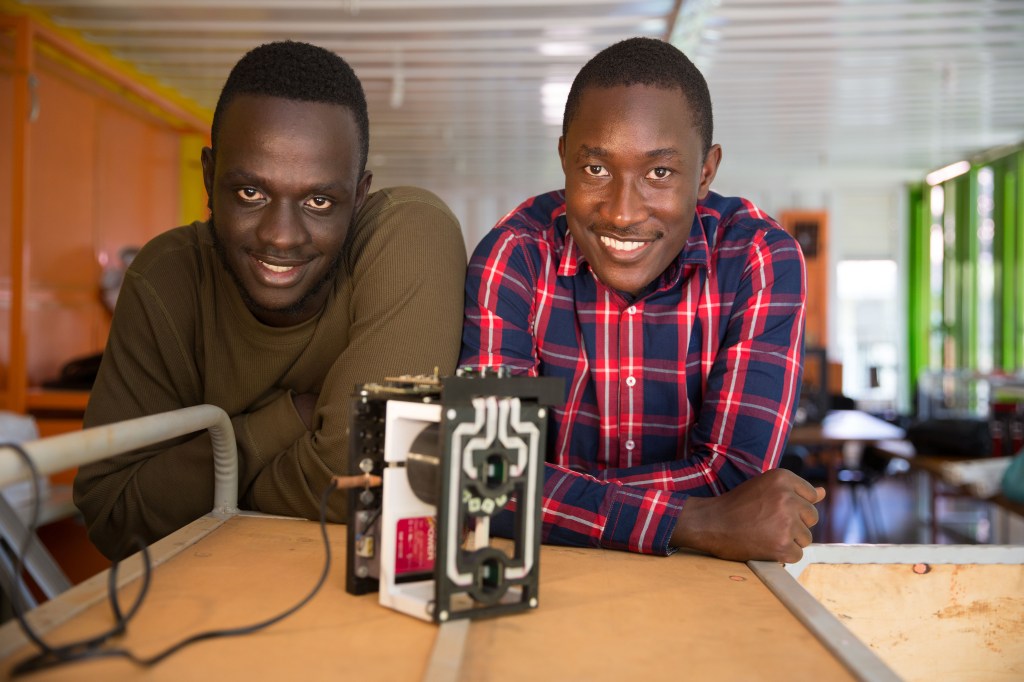Malaria Test Wins Prize

A Ugandan inventor has won a major engineering prize for developing a new test for malaria. The mosquito-borne disease is a leading cause of death in Africa.
Brian Gitta, 25, won the Africa Prize for Engineering Innovation for inventing a device called Matibabu, the Swahili word for “treatment.” The device works by shining a light onto a patient’s finger to detect changes in the shape, color, and concentration of red blood cells, which are affected by malaria. The test results are sent within a minute to a computer or mobile phone. Usually, detecting malaria requires using a needle to draw blood from a patient. Matibabu does not depend on blood samples or special laboratory tests.
Gitta told the Associated Press that he hopes the device will be widely used throughout Africa. There were 216 million cases of the disease worldwide in 2016, according to the World Malaria Report.
Gitta came up with the idea for Matibabu after battling malaria himself. He felt frustrated because doctors had trouble diagnosing him with traditional blood tests. When Gitta recovered, he turned his frustration into inspiration and developed the kit.
“It’s a perfect example of how engineering can unlock development—in this case, by improving health care,” Rebecca Enonchong said in a statement. She is a judge for the Africa Prize for Engineering Innovation.
At 80% accuracy, Matibabu is still a work in progress. Gitta and his team plan to continue working until they achieve 90%. The device will have to be officially approved by the Uganda government before it is available on the market.













